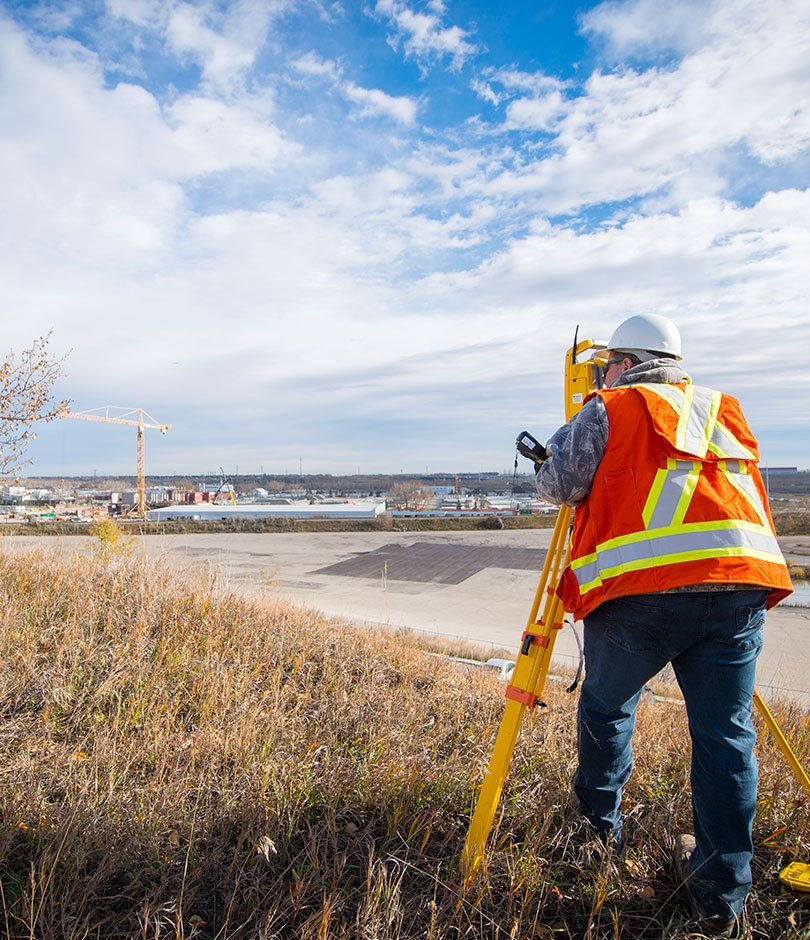For globally minded men building a life abroad,whether as investors, digital nomads, or retirees,owning land seems like the ultimate anchor. It’s a mark of stability, legacy, and freedom. But land ownership isn’t as simple as signing a deed. The rules vary wildly between countries. Some welcome foreign buyers with open arms; others use clever legal tricks to restrict or outright block non-citizens from holding land in their own name.
This guide strips away the hype and reveals what you actually need to know before putting your name,or your girlfriend’s,on the dotted line.
Why Land Ownership Laws Matter for Passport Champs
- Long-term Security: Owning property gives you leverage in residency applications and protects you from volatile rent markets.
- Investment Strategy: Land appreciates differently than real estate structures. In many emerging markets, it’s the land,not the building,that holds the long-term value.
- Legacy Planning: You may not want to raise your family in the West. Understanding land rights helps secure a future for your children abroad.
- Avoiding Exploitation: Too many men buy land in their partner’s name and lose everything in a breakup. Knowing the law upfront can prevent heartbreak and financial ruin.
Country-by-Country Breakdown
🇲🇽 Mexico
Can foreigners own land?Yes,with restrictions.
Foreigners can buy land in Mexico except within the “restricted zone” (50 km from the coast or 100 km from international borders). Within these zones, land must be held via a bank trust (fideicomiso)or Mexican corporations.
Watch out for: Local partners claiming property after a breakup. Use legal trusts or hold through a vetted Mexican corporation.
🇨🇴 Colombia
Can foreigners own land?Yes.
Colombia offers few restrictions for foreigners. You can own land in your name, and it’s often encouraged to stimulate foreign investment.
Watch out for: Confusing zoning laws and squatters’ rights in rural areas. Always check uso de suelo (land use certificates).
🇹🇭 Thailand
Can foreigners own land? No,not directly.
Foreigners can’t legally own land in Thailand. Some try to circumvent this by marrying a Thai national or forming a Thai company, but both are risky.
Workaround: You can own a building but lease the land for 30 years, renewable.
Watch out for: Fake corporate setups or informal “girlfriend deals.” These rarely hold up in court.
🇹🇷 Turkey
Can foreigners own land?Yes,with exceptions.
Most nationalities can buy land, especially in Istanbul, Antalya, and Izmir. But land near military zones is off-limits.
Bonus: Buying property over \$400,000 can qualify you for citizenship by investment.
🇵🇹 Portugal
Can foreigners own land? Yes.
Portugal is one of the most foreigner-friendly countries in Europe for land ownership. Buying property also makes you eligible for the D7 visa or Portugal’s Golden Visa.
Watch out for: Bureaucracy. Always hire a bilingual local lawyer.
🇵🇭 Philippines
Can foreigners own land?No,but there are workarounds.
Foreigners can’t own land but can own condominiums (up to 40% of a building). Married to a Filipina? She can legally own land, but it’s hers, not yours,even if you paid for it.
Workaround: Lease agreements (25 years, renewable) or land trusts. Proceed with caution.
🇬🇪 Georgia
Can foreigners own land?Yes,with limits.
Foreigners can own land and property in Georgia, except for agricultural land. Business owners can apply for exceptions.
Perk: Very low taxes and easy digital residency options.
🇲🇦 Morocco
Can foreigners own land?Yes,except farmland.
Non-Moroccans can buy land, especially in urban zones. But you can’t own agricultural land unless you convert it for non-agricultural use (expensive and bureaucratic).
Watch out for: French colonial-era property laws still affecting rural areas.
🇧🇷 Brazil
Can foreigners own land? Yes,with restrictions.
You can buy urban land freely. However, rural or borderland ownership by foreigners is restricted and needs government approval.
Tip: Register the property with the correct federal registry (Cartório de Registro de Imóveis).
🇻🇳 Vietnam
Can foreigners own land?No.
All land is owned by the state. You can lease land and own apartments (on a 50-year leasehold).
Common model: Marry a Vietnamese citizen, or lease land through a company. High risk, low security.
Key Red Flags (No Matter the Country)
- Marriage-based ownership: If the property is in your partner’s name, it’s not yours.
- Shell companies:Some countries let foreigners buy land through corporations. Make sure you *legally control* the entity.
- Long leases marketed as ownership:A 99-year lease is not ownership. Know the difference.
- Language barriers: Legal documents in a foreign language = danger zone. Always get certified translations.
Final Word: Own Wisely, or Don’t Own at All
Land ownership isn’t just about acquiring dirt. It’s about understanding the local power dynamics, legal structure, and culture. In some countries, renting long-term or forming local partnerships (with lawyers, not lovers) might be a smarter move than chasing the illusion of ownership.
For Passport Champs, land can be a symbol of sovereignty,but only if you play the game smart.
Bonus Resource
Coming soon: Passport Champs Land Ownership Index 2025– a ranked list of the best countries for foreign men to safely and profitably own land. Subscribe to our newsletter to get early access.













